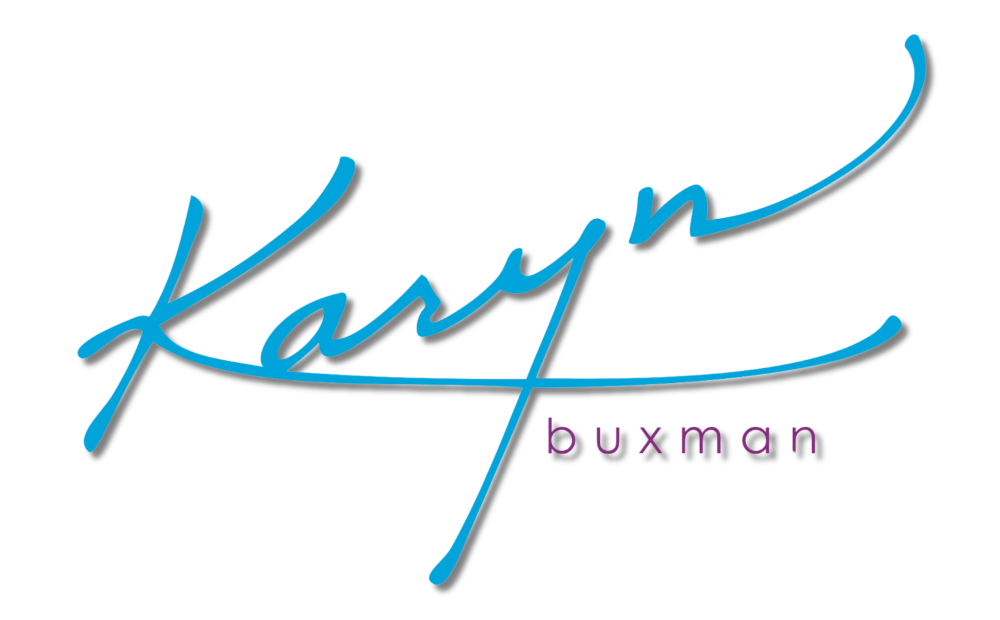Humor Appreciation: Taking It to The Next Level

I sipped my coffee and listened to my friend vent about her company’s merger. “I was so stressed out about the new changes being implemented at work,” Susan explained while rolling her eyes. “Then someone said something silly and I just lost it. I laughed and laughed until I was limp as a dishrag. Nothing had changed, but I just felt better for having laughed!”
It’s becoming accepted knowledge that positive benefits can be acquired from appreciating humor and laughter. Psychologist Michele Newman supported previous studies that found humor has a buffering effect and reduces the negative effects of stress. This study extended previous findings by demonstrating that humor is beneficial even for people who do not typically choose to use it to cope with stress. This finding was consistent with the belief that the ability to use humor to cope can be acquired rather than being a fixed, unchangeable trait.”
“Humor appreciation involves responding to humor produced by others or being a good audience,” reports Newman. “On the other hand, humor production involves thinking of things on your own to amuse yourself or others.” When using humor as a coping mechanism, one cannot always count on being able to find an external reason to be amused. “Of the two, humor production is the more portable skill,” says Newman and adds, “From the standpoint of coping, it seems to me to be less important whether you can amuse other people than whether you can amuse yourself.”
Through my years of studying humor and laughter, I’ve observed three basic levels of humor appreciation:
Passive humor appreciation: At this most basic level, we appreciate humor that happens vicariously: A coworker says something funny, we observe a child’s comical action or expression, or we experience some absurdity that happens by chance. With this most basic level of humor we enjoy many of the functions of humor and the basic physical benefits, although the humor may occur infrequently and is purely unintentional.
Active humor appreciation: At this level, our awareness level is raised and we intentionally seek humor opportunities. We make it a point to read the daily comics, we ask others to share a joke or story, we become aware of humor we might have otherwise missed if we had made the assumption: Nothing funny happens here. We incur benefits more frequently, although not necessarily on a regular basis.
Proactive humor creation: At this advanced level, conscious effort is involved. We attempt to create humor opportunities. We schedule time for play and entertainment in our daily schedules. We purposely create situations to amuse others or ourselves. We establish goals to utilize humor on a regular basis and attempt to make humor a habit. We enjoy the positive functions and benefits of humor on a regular basis.
While we may gain benefits from humor and laughter when enjoying it passively, there are even more advantages in being active participants by producing a humorous state of mind for ourselves. By incorporating a ‘humor habit’, we gain maximum profit from the wide and wonderful range of benefits at our disposal. Why not get the most bang for your yuck? Make humor a habit!

